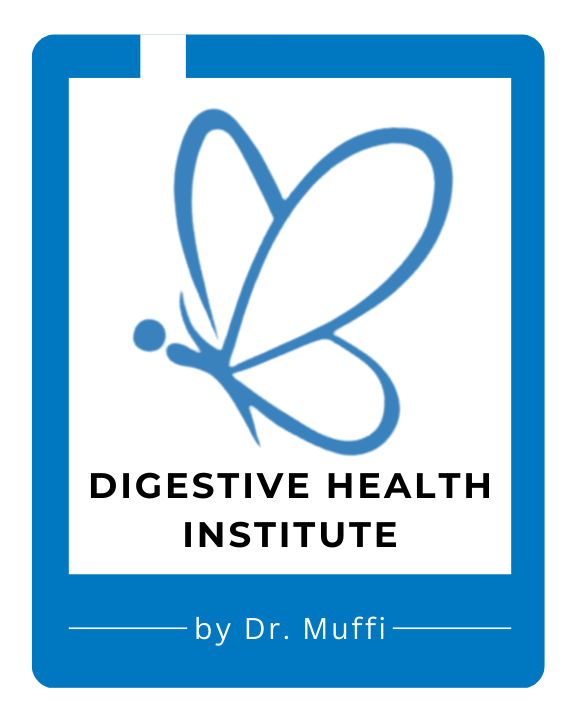Rehabilitation Therapy

Rehabilitation Therapy After Bariatric Surgery
Bariatric surgery is a transformative procedure that supports significant weight loss and improves long-term health outcomes. However, surgery alone is not enough—the body needs structured rehabilitation therapy to recover, adapt, and build strength. Rehabilitation therapy is essential because rapid weight loss, changes in metabolism, and reduced nutrient absorption can impact muscle mass, bone health, and overall physical capacity. Without guided recovery, patients may experience weakness, fatigue, poor posture, and even risk of injury.
Why is it needed?
- Muscle Preservation: After bariatric surgery, the body tends to lose both fat and muscle. Rehabilitation ensures that lean muscle mass is preserved and strengthened, preventing frailty.
- Metabolic Health: Exercise supports better blood sugar control, reduces insulin resistance, and helps stabilize the metabolism during rapid weight changes.
- Bone and Joint Support: Rapid weight loss reduces stress on joints, but weak muscles can shift the burden to bones and ligaments. Rehabilitation strengthens the musculoskeletal system, ensuring stability and mobility.
- Cardiovascular Fitness: A structured exercise plan improves heart and lung function, helping the patient regain stamina and endurance.
- Mental Well-being: Regular physical activity is proven to reduce anxiety, lift mood, and enhance self-confidence, which is vital in the post-surgery adjustment phase.
Why is Rehabilitation Therapy Needed After Bariatric Surgery?
Rehabilitation therapy is a vital part of your recovery journey after bariatric surgery. While the procedure helps with weight loss, your body also needs structured support to heal, regain strength, and adjust to the changes. This is where exercise and physiotherapy play a key role.
- Keep Your Muscles Strong
After surgery, the body loses not only fat but also some muscle. Physiotherapy and guided exercise help preserve and rebuild lean muscle, keeping you strong and functional. - Boost Your Metabolism
Regular activity supports blood sugar control, reduces insulin resistance, and helps stabilize your metabolism—making weight loss more effective and sustainable. - Protect Your Bones and Joints
Rapid weight loss reduces pressure on your joints, but weak muscles can cause imbalances or pain. Physiotherapy strengthens muscles, improves joint stability, and prevents injuries. - Regain Stamina and Energy
A tailored program combining aerobic exercise and physiotherapy techniques improves heart and lung function, restoring energy and helping you return to daily activities with confidence. - Recover Safely and Comfortably
Physiotherapists ensure that exercises are safe, gradual, and adapted to your healing process. They also help with posture, flexibility, and mobility training to make recovery smoother. - Feel Better Mentally
Staying active releases endorphins that reduce stress, improve mood, and build self-confidence—helping you embrace life after surgery with positivity.





